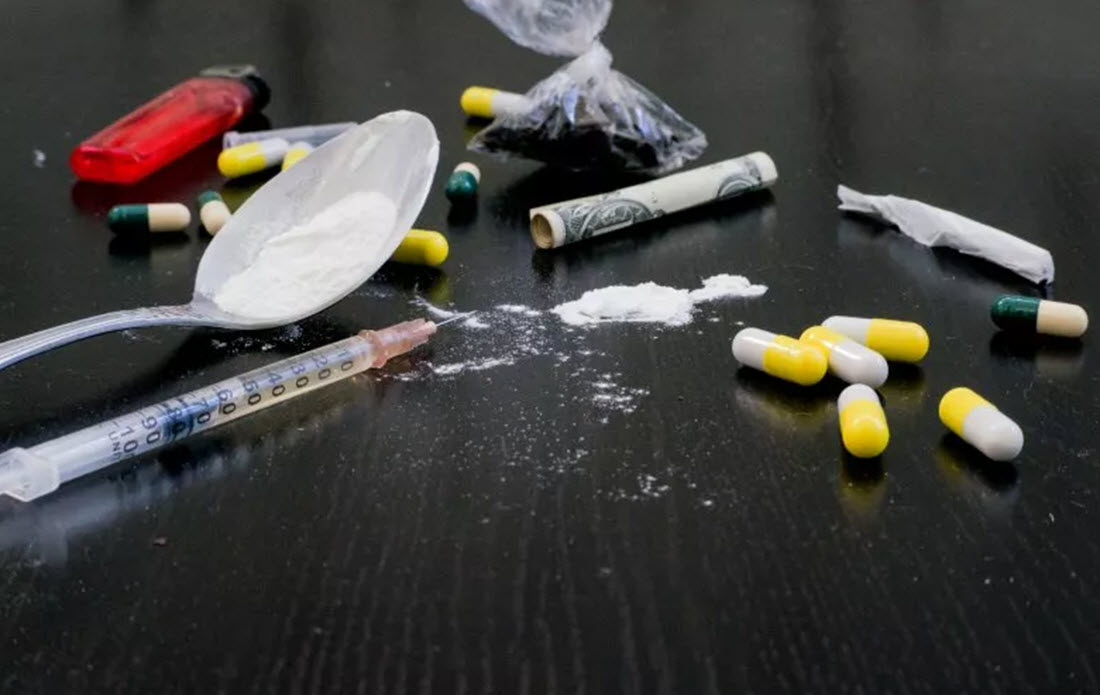
Media Release 15 June 2021
A new poll has found that there is very little support for the decriminalisation of all drugs such as P (meth), MDMA and cocaine. Support for decriminalising cannabis remains at similar levels to the Yes vote in the recent referendum
In the poll of 1,000 New Zealanders surveyed last month by Curia Market Research, respondents were asked: Last year, the majority of NZers voted no to legalising cannabis for recreational use. But there have been recent calls to still make changes to the drug laws in some way. Of the following three options, which do you support the most?
- Keep the current drug laws which were amended in 2019. The current law specifies that while drugs remain illegal, consideration should be given to whether a health approach is more beneficial when determining whether a prosecution is required in the public interest for personal drug possession and use, and that the Police focus on drug dealers and manufacturers.
- Decriminalise the use and possession of cannabis only, but not other drugs
- Decriminalise the use and possession of ALL drugs, including P (Meth), MDMA, cocaine, cannabis
Only 8% support the decriminalisation of all drugs. 48% support the decriminalisation of cannabis alone (similar to the cannabis legalisation referendum result).
Even amongst the under-30s there was small support for decriminalising all drugs (just 7%). Over 60s most support the status quo.
Of those who voted no in the referendum on legalisation, 61% support the status quo. 19% support cannabis decriminalisation, 5% decriminalisation of all drugs and 15% are unsure. Of those who voted yes, 7% support the status quo. 73% support cannabis decriminalisation, but only 11% decriminalisation of all drugs.
National voters back the status quo, while Labour voters back decriminalisation of cannabis. Green and ACT voters are more likely to support decriminalising of all drugs but still in small proportion (25% and 21% respectively).
The 2021 Salvation Army State of the Nation report showed that prosecutions for cannabis have declined by 70% since 2010. However, international studies also show that convictions and/or imprisonment for drug-related offences are linked to crimes committed while on drugs (murder, armed robbery, theft, assault, child abuse, etc.) or crimes committed in order to obtain drugs. Public safety and health should take priority – the law acts as a deterrent.
A report published last year – Decriminalising Drugs: The Truth About Portugal – written on behalf of the Swedish Drug Policy Centre makes it clear that Portugal’s 2001 reforms were more far-reaching than just the abolition of penalties for using and possessing small quantities of drugs. Above all, they included major efforts including resources for primary prevention, funding for civil society projects, social housing, rehabilitation and substitution therapy. The care efforts in Portugal draw on prompt action and good coordination between the various health services. Someone dependent on drugs and arrested by the police will appear before a CDT (Commission for the Dissuasion of Drug Abuse) within three days and will often have an initial appointment with an addiction specialist within a week.
This is a good example of the ‘coercion of the law’. It’s both a health and a criminal issue. However, the Portugal report also warns that the number of hospital admissions for cannabis-related psychosis increased almost 30 times between 2000 and 2015. Researchers have found no fall in drug-related violence since the decriminalisation in 2001. The latest figures on drug-related mortality show that Portugal is now back at almost the same level as before decriminalisation. There is also a concern that decriminalisation risks sending signals that promote increased use. Studies suggest that cannabis use has increased among the adult population. As the head of the Portuguese drug agency, SICAD, João Goulão, said, “Decriminalisation is not a miracle cure. If that’s all you do, things will get worse.”
Decriminalisation can only hope to work when there is access to enough addiction counselling and support, and Mike King is clearly warning us that there isn’t.
The nationwide poll which was commissioned by Family First NZ was carried out during May and has a margin of error of +/- 3.1%.
READ THE FULL POLL RESULTS
ENDS
